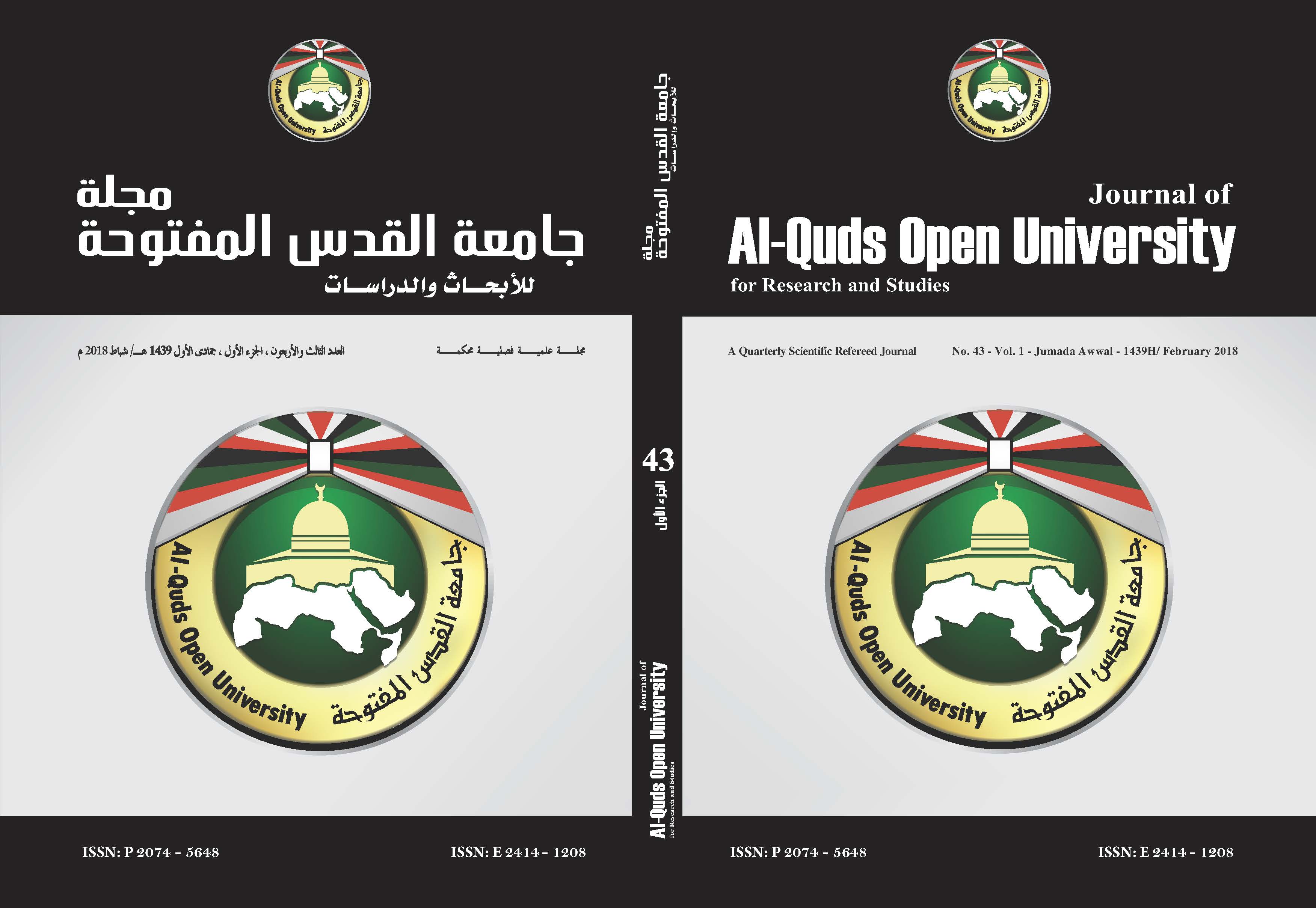The "Crisis" of Contemporary Arabic Poetry: A Critical View
Keywords:
Modern Arabic poetry, Mahmud Darwish.Abstract
The crisis of stagnancy and repetition in vision, language, imagery and rhythm, which has befallen the taf cila poem – within the overall framework of contemporary Arabic poetry movement – has led, since the sixties of the twentieth century, to a state of boredom and "aesthetic fatigue". This crisis is not alien to poetry movements in the past and present. Nor was it isolated from the crises of modernism with its several internal problematic issues. It has always been the crisis of stagnation and boredom. The major poets, such as Mahmud Darwish, have faced the crisis through freeing themselves from a rigid poetic pattern and widening the horizons of their vision and cultural repertoire in the direction of a universal outlook. The emerging model of artistic performance has moved away from direct style, and the taf cila poem tended towards a soft rhythm, balancing poetic and prose techniques in a milieu of concentrated symbolism.Downloads
Published
2018-03-28
How to Cite
العجلوني د. ن. خ. (2018). The "Crisis" of Contemporary Arabic Poetry: A Critical View. Journal of Al-Quds Open University for Humanities and Social Studies, 1(43). Retrieved from https://journals.qou.edu/index.php/jrresstudy/article/view/1748
Issue
Section
Research Papers
License
- The editorial board confirms its commitment to the intellectual property rights
- Researchers also have to commit to the intellectual property rights.
- The research copyrights and publication are owned by the Journal once the researcher is notified about the approval of the paper. The scientific materials published or approved for publishing in the Journal should not be republished unless a written acknowledgment is obtained by the Deanship of Scientific Research.
- Research papers should not be published or republished unless a written acknowledgement is obtained from the Deanship of Scientific Research.
- The researcher has the right to accredit the research to himself, and to place his name on all the copies, editions and volumes published.
- The author has the right to request the accreditation of the published papers to himself.













_2.png)
_.png)
_2.png)
_1.png)
_.png)

